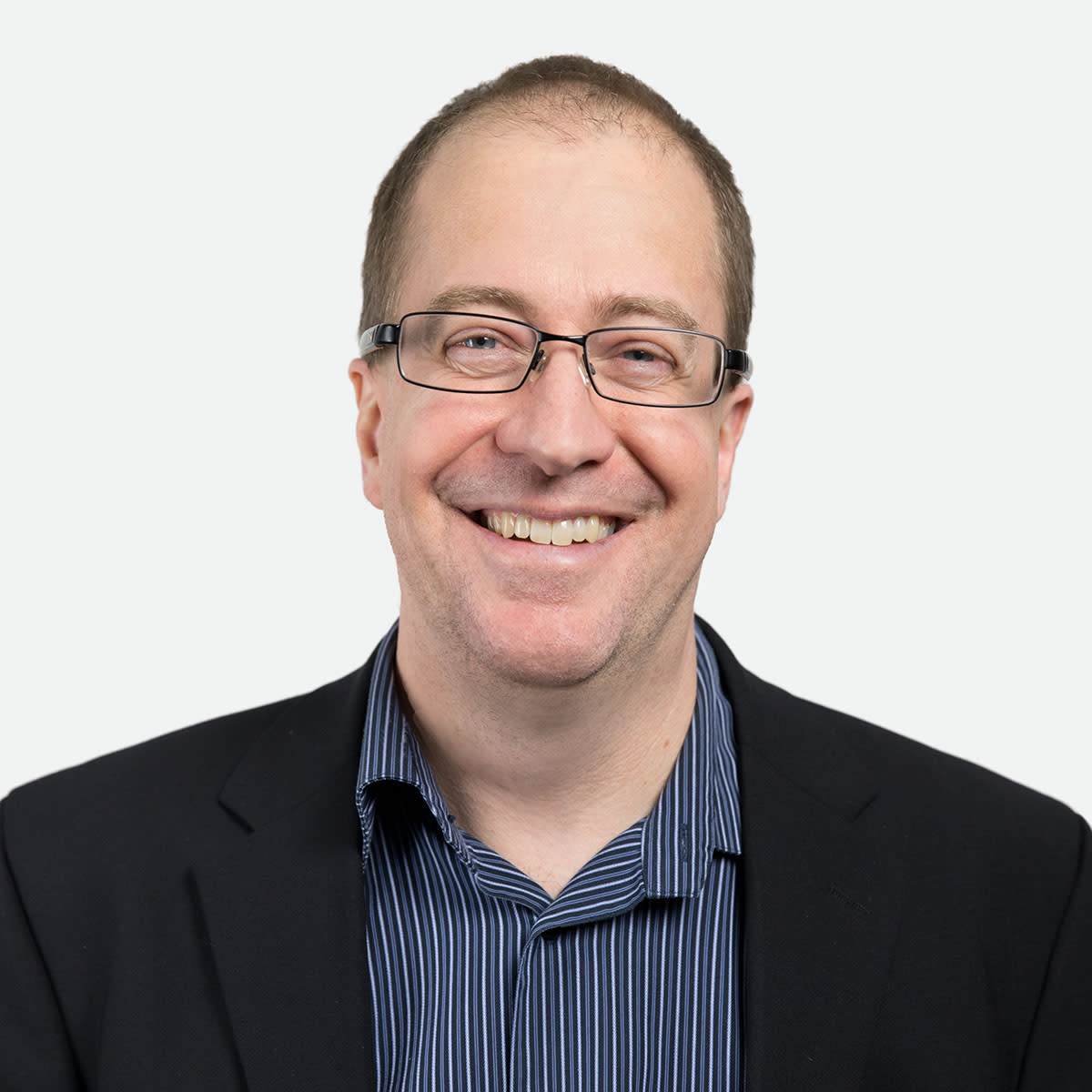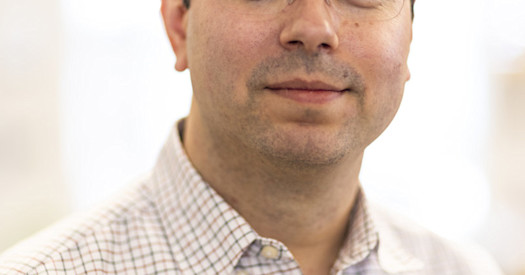
You may have agreed to donate your organs when you got your driver’s license. Perhaps you’ve even willed your body to science. But would you give your genome to the federal government?
National Institutes of Health officials hope 1 million people will say yes. The NIH is asking for volunteers in a project to sequence the genetic material of a million people living in the U.S., making it possibly the largest research project in human history, said project director Eric Dishman. Dishman was at the University of Washington on Friday to discuss the project, which NIH is calling “All of Us.” The project will include participants’ electronic health records, as well as behavioral and environmental data.
Seattle will play a big role: About a third of the samples will be sequenced at the University of Washington’s Northwest Genomics Center, which has received a $7 million federal grant to start the work — one of only three such centers doing this work in the country.
The project is aimed at improving “precision medicine,” using tailor-made treatments and drugs to more precisely treat people based on their genetic makeup. It may point to future cures, let people know if they’re at a heightened risk for certain diseases or conditions, and tell them if there are certain drugs they should avoid.
And it’s aided by fast-improving technologies, including automatic genetic sequencers, robots and powerful computers that can process an individual’s genetic material, or genome, in days — rather than months or years.
Dishman himself says he’s alive today because of precision medicine. At the age of 19, he was diagnosed with a rare form of kidney cancer — and told he had nine months to live.
He went through cancer treatments on and off for 23 years to keep the disease at bay. Seven years ago, as his kidneys were failing, a researcher offered to sequence his genome and his tumor to see if the genetic material would yield any clues to treatment. The sequence pointed doctors to an experimental drug used to treat pancreatic cancer — even though Dishman didn’t have that.
He’s now 50, and says he’s healthier than he was at 19. Precision medicine, he said, saved his life.
The project will undoubtedly raise questions about privacy with so many people pledging to turn over their health data to the federal government, no matter how many promises the NIH makes that it’s safe, Dishman acknowledged. He said researchers will adhere to a strict code of ethics — for example, they’re forbidden from sharing the information with law enforcement. That’s not the case with genetic samples submitted to online genealogical services, such as the evidence that led to an arrest in the Golden State serial killings earlier this year.
“All of Us” started in May and has 133,000 participants so far, about half of whom are racial and ethnic minorities, Dishman said — that’s significant because many clinical trials and other health studies have focused on white men. The NIH is also aiming for geographic diversity, and as part of the study, it will analyze participants’ exposures to environmental factors. That might tell what health issues are more likely to arise for a farmer raising wheat on the Palouse, or an indoor office worker in Seattle.
“It’s the way all medical research should be done in the future,” said Debbie Nickerson, the director of the Northwest Genomics Center.
It’s similar to the famous Framingham Heart Study, which followed thousands of participants in a Massachusetts town over decades to uncover the common factors that lead to heart disease. But this study will follow people across the entire country, and it will be looking at all diseases.
The information will be aggregated and live in a database open to everyone, but only researchers will be allowed to see data from individual participants, Dishman said.
Dishman, who is 50 and lives in Portland, once interned for the late Microsoft co-founder Paul Allen at his Silicon Valley think tank. When Allen heard how Dishman had racked up hundreds of thousands of dollars in medical bills because he had no health insurance, Allen immediately offered to pay them. Dishman declined. Allen then promised, “I’ll make sure you’re never uninsured again.” The program is open to adults age 18 or older, and it includes filling out an extensive medical history form, as well as a blood draw. Participants can receive as much, or as little, of their own health information as they want. For more information or to sign up, go to https://allofus.nih.gov/


